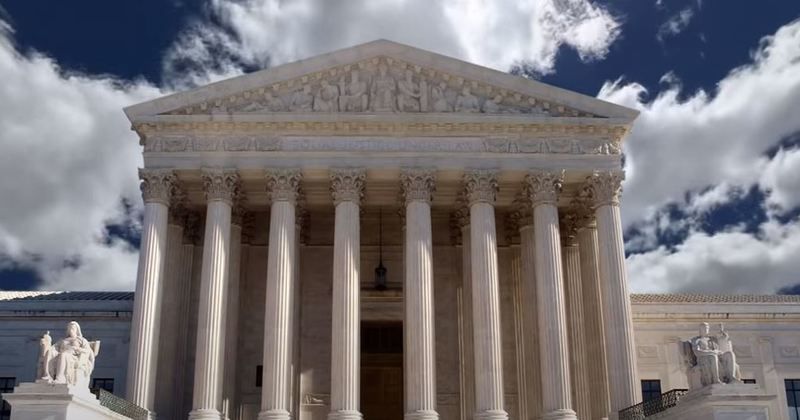R.J. Reynolds, ITG Brands, Liggett, and other tobacco companies argued that the FDA’s requirement to include graphic health warnings on cigarette packaging and advertisements violated their First Amendment rights by forcing them to promote the government’s anti-smoking message.
The images, which depict amputated toes, cancerous tumors, stunted fetal development, and erectile dysfunction, were described by the companies as “exaggerated” and misleading portrayals of smoking’s risks, according to their petition to the Supreme Court. The companies filed their lawsuit shortly after the FDA issued the rule in 2020 during the Trump administration.
The regulation mandates that warnings cover the top 50% of cigarette packs and 20% of advertisements, aiming to deter smoking, particularly among teenagers. While the FDA has not enforced the rule amid ongoing legal challenges, the regulation technically remains in effect.
The companies contended that the warnings violated constitutional protections against compelled speech. They argued the First Amendment prohibits the government from forcing private entities to promote controversial messages.
In 2022, U.S. District Judge J. Campbell Barker, ruling from Tyler, Texas, sided with the tobacco companies, finding the graphic labels violated the First Amendment. However, in March 2023, the U.S. Court of Appeals for the 5th Circuit overturned that decision, ruling that the warnings were “factual and uncontroversial,” rejecting the companies’ claims and prompting their appeal to the Supreme Court.
The Supreme Court declined to hear the case, leaving the 5th Circuit’s ruling intact but not setting a nationwide precedent. Lawyers for the government argued the case was premature for Supreme Court review because the trial court had yet to rule on the companies’ separate claim that the FDA violated federal rulemaking procedures when it issued the requirements.
As litigation continues in the lower courts, the case could return to the Supreme Court in the future.
 Telegram is where we really talk. Don't miss out!
Telegram is where we really talk. Don't miss out!






